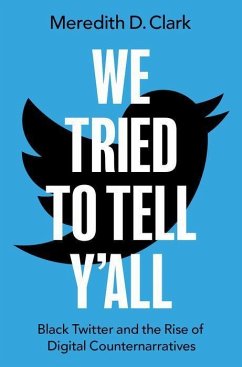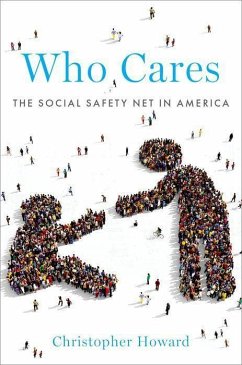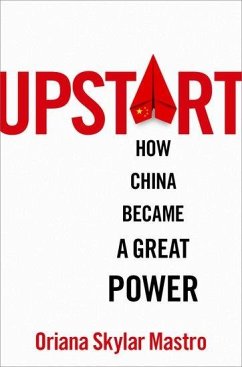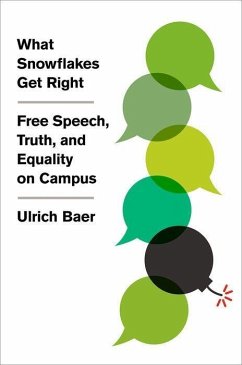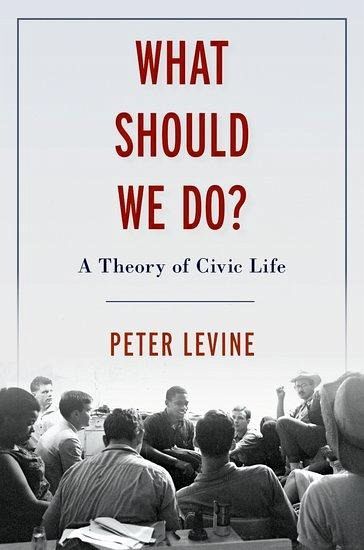
What Should We Do?
A Theory of Civic Life
Versandkostenfrei!
Versandfertig in 2-4 Wochen
35,99 €
inkl. MwSt.
Weitere Ausgaben:

PAYBACK Punkte
18 °P sammeln!
In What Should We Do?, Peter Levine explores how to organize individuals to act in concert, how to talk and think well about contentious matters, and how to address exclusion. In the broadest available theory of civic engagement and civic life, he analyzes the work of major thinkers, including Gandhi, Martin Luther King, Jr., Jürgen Habermas, and Elinor Ostrom. He also provides many practical examples of successful civic action and principles that are useful for real-world civic action.




